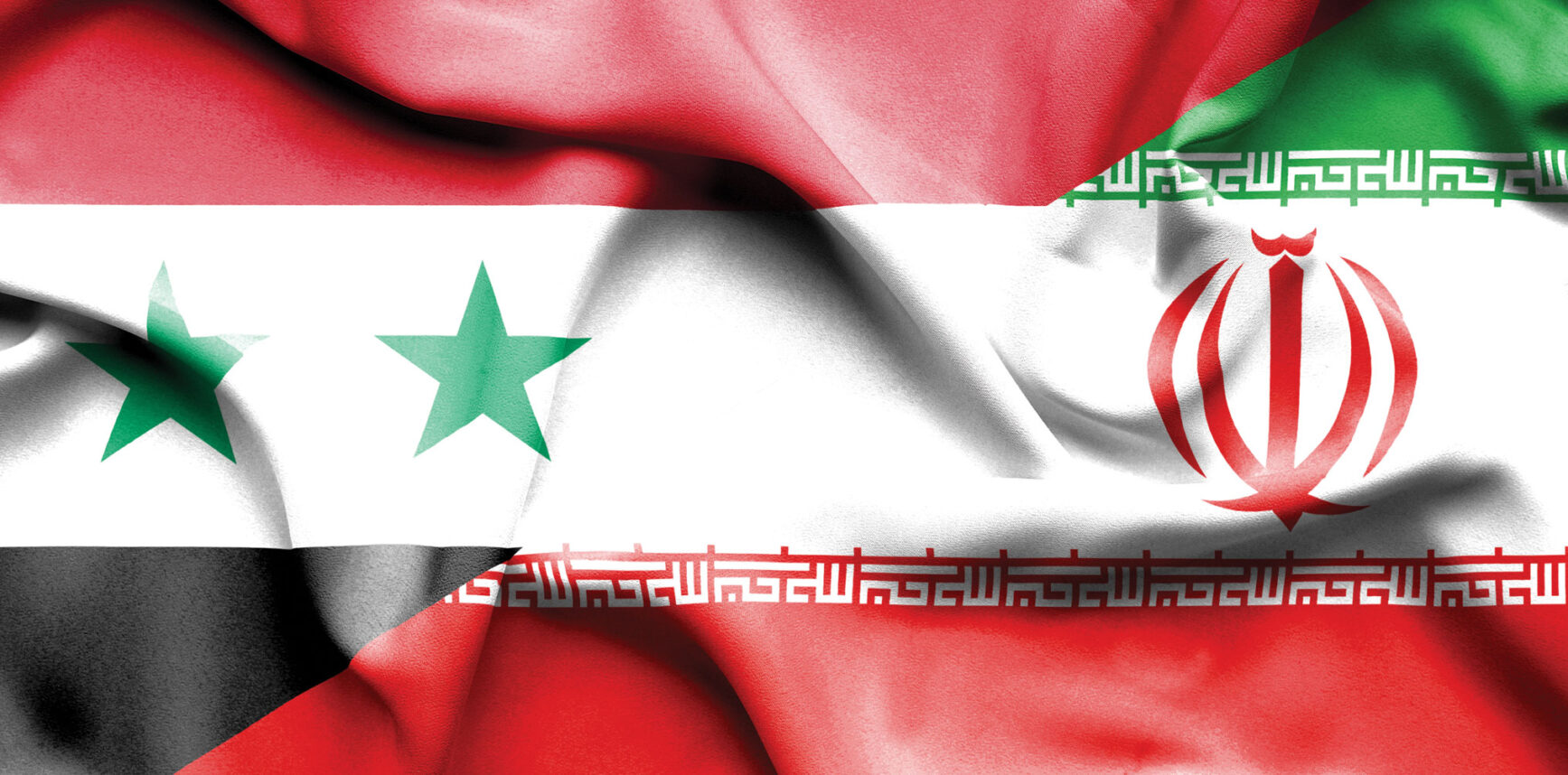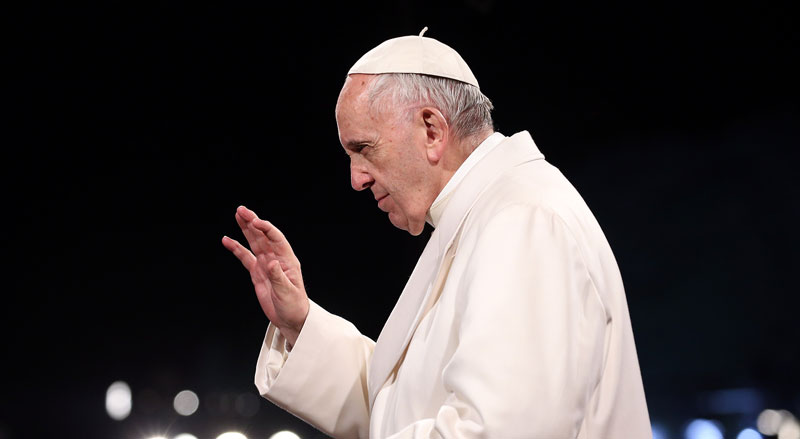The circus of Palestinian victimhood has struck its tent temporarily in Jenin, and gone to church instead in Bethlehem. The Jenin story has petered out because the world, in general, now knows that there was no massacre in Jenin. The world now knows that of the two estimates of the death toll in the fighting which took place in the Jenin refugee camp, one was true and one was false. The Palestinians originally claimed that 500 to 1,000 people had been massacred by the Zionist entity. The Israel Defense Forces estimate was that the death toll was in the dozens, not in the hundreds, and that the majority of those killed in the fighting were gunmen, who had booby-trapped a civilian neighborhood in the hopes of killing as many Israeli soldiers as possible. Today even Human Rights Watch and Amnesty International, two organizations that can certainly not be said to be part of a pro-Israel cabal, have both now come to the conclusion that no evidence exists that any massacre took place. The total number of bodies recovered thus far is 56 by one account and 52 by another, the overwhelming majority of which, they acknowledge, appear to be combatants. Don’t bother looking for an apology for that blood libel. None will be forthcoming.
So Gen. Arafat, as he now calls himself, went instead to the Church of the Nativity in Bethlehem and cried out to the international community to make sure that the crime perpetrated by the Israelis against this holy place would never happen again. Never mind that it was armed Palestinian gunmen who stormed the church, terrorized priests, stole relics and, in one case, ripped the crucifix off the neck of an Armenian cleric. Never mind that in footage televised by CNN, albeit on one day only, the Israeli flares, which the Palestinians claimed set fire to the Church of the Nativity, can be clearly seen sailing harmlessly over the church on the right side of the screen, while the fire itself has already been started inside the church, on the left side of the screen. Don’t expect any apology on that one either.
There is, however, one thing to ponder before the circus sideshow moves on completely. I was in the Jenin refugee camp on April 16. In addition to noting that there was no smell of death in the camp and that the booby-traps and anti-personnel bombs laid out by the Palestinian gunmen were still very much in evidence, I heard a story, which I did indeed find chilling. It was told to me by Dr. David Zangen, chief medical officer of the Israeli paratroop unit, which bore the brunt of the fighting in Jenin. Zangen stated that the Israelis not only worked to keep the hospital in Jenin open, but that they offered the Palestinians blood for their wounded.
The Palestinians refused it because it was Jewish blood.
That is a chilling story to an American of my age, with memories of white, bigoted-racial purists refusing to accept blood from African Americans in the segregated South.
The Israeli response, which could easily have been, “fine, have it you own way,” was to fly in 2,000 units of blood from Jordan, via helicopters, for the Palestinians. In addition, they saw to it that 40 units of blood from the Mukasad Hospital in East Jerusalem went to the hospital in Ramallah, that 70 units got to the hospital in Tul Quarem and they facilitated the delivery of 1,800 units of anti-coagulants that had come in from Morocco, and thus, were somehow acceptable to the Palestinians where Jewish blood was not. (This information was later confirmed to me by Col. Arik Gordin [reserves] of the IDF Office of Military Spokesman, who supplied the exact numbers of units of blood and anticoagulants and the names of the hospitals to which they were delivered.)
So the question to ponder, before the circus leaves town, is how do you negotiate with a hatred so great that it will refuse to accept your blood, even to save its own people’s lives? How does an international community vilify a nation that offers its own blood to its enemies, while its own soldiers lie dying, and that, when faced with race hatred that brands their blood unfit, diverts military flights to bring blood more suitable to the taste of those who would destroy them?
Dan Gordon is the author of five books and the screenwriter of such films as “The Hurricane” and “Murder in the First.” He is also a former sergeant in the Israel Defense Forces and a peace activist who has held meetings with Arab leaders in Egypt, Saudi Arabia, Jordan, the West Bank and Gaza.





















 More news and opinions than at a Shabbat dinner, right in your inbox.
More news and opinions than at a Shabbat dinner, right in your inbox.